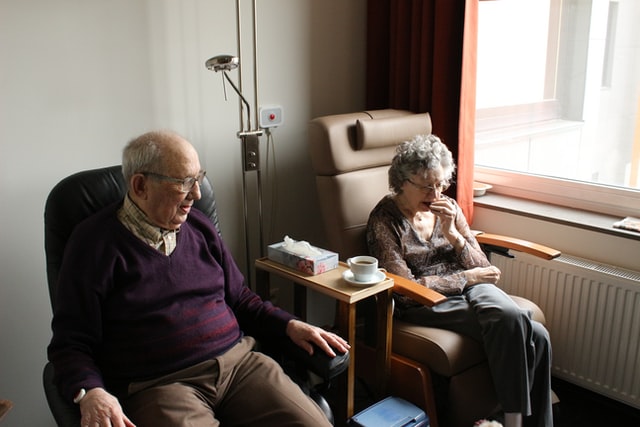Most seniors may be unwilling to give up their independence for assisted living or full-time care even when their health conditions deteriorate. Convincing your parents to accept medical care, memory care, or other aged care facilities might be a more challenging task than you may ever imagine.
The health and medical condition of the relative may demand immediate care and expert help. No matter how cooperative and understanding your aged relative typically is, they may have a hard time accepting that they have to move out of their home or depend on services of experts who specialize in providing assisted living and medical services to seniors.
Different Care Options
The care options available for aged relatives range between complete assisted living options and independent care. Retirement communities and assisted living communities offer attractive amenities and services that will keep your aged relative engaged and entertained throughout the day.
If your relative does not need assisted living, you can consider independent living options in retirement communities.
If the relative is battling a fatal disease like cancer or Parkinson’s disease, the need for aged care is even more prominent. Seniors inflicted with memory-based problems may need specialised memory care treatments and services by experienced medical professionals. Adult daycare programs are a great option if you want the relative to continue living with you. While seniors may be sceptical about accepting care initially, specialised care by expert professionals can help generate several benefits.
What To Do If The Senior Refuses Care?
While aged care options may be the most sensible and most practical choice for your aged relative’s health and wellbeing, the process of adapting to a new space may daunt them emotionally and psychologically. Seniors who require residential care options may find the idea severely disturbing and or even depressing.

Get The Family Involved
If your senior relative trusts or favours a specific family member more than others, you may ask them to take the lead. You may also discuss the option with your siblings and other relevant family members to decide the best way to convince your relative to accept care.
The process is likely to demand patience and empathy. It’s essential to think from the senior’s perspective and understand what specific points about aged care options they are most doubtful about.
Ask A Trusted Medical Professional To Talk To Your Relative
Your senior parent, relative, or friend may find it easier to trust the advice of authorised medical professionals they work with. If there is a family doctor your relative visits regularly for check-ups and treatments, you could seek the doctor’s help.
Doctors and nurses who have been treating your relative are well informed of your relative’s medical history and health condition. They may be able to give your relative reasonable medical reasons to choose care options.
Understand The Reasons For Their Refusal
Sometimes the relative may refuse care because they are worried about the financial strain it would put the family through. They may also have other specific reasons for refusing care. Put in time, effort, and empathy to understand why your senior relative is reluctant to accept care. Once you know the reasons, you may find practical solutions and ways to comfort your relative and give them the necessary assurances.
For instance, if your senior relative is not comfortable with residential assisted living initially, you could consider other options like daycare or other facilities that will let them come home at the end of the day.

Start With Small Steps
While full-time residential care may be a medical necessity for your senior relative, they may find the prospect emotionally daunting. In such cases, you may consider starting small. Start with daycare programs or care at home to get them used to the process.
Chances are, your relatives will grow more comfortable with the idea over time once they start experiencing the benefits of professional care. You can wait till your senior relative is ready to start a residential care program. You could even get them comfortable with the facility and care professionals before starting care programs.
If the senior’s health condition is reasonably stable, you could make arrangements to provide specialised care at home. Several senior care agencies concentrate on providing services at the senior’s home. A trained staff member will visit the relative every day and give them the required physical and memory care.
Give Them Time
It takes time to understand and accept significant life changes. Your senior relative may also have trouble battling the idea of discarding their independent life. Monitor the relative’s health condition and choose the option that would be best for their physical and emotional health.
*collaborative post

































